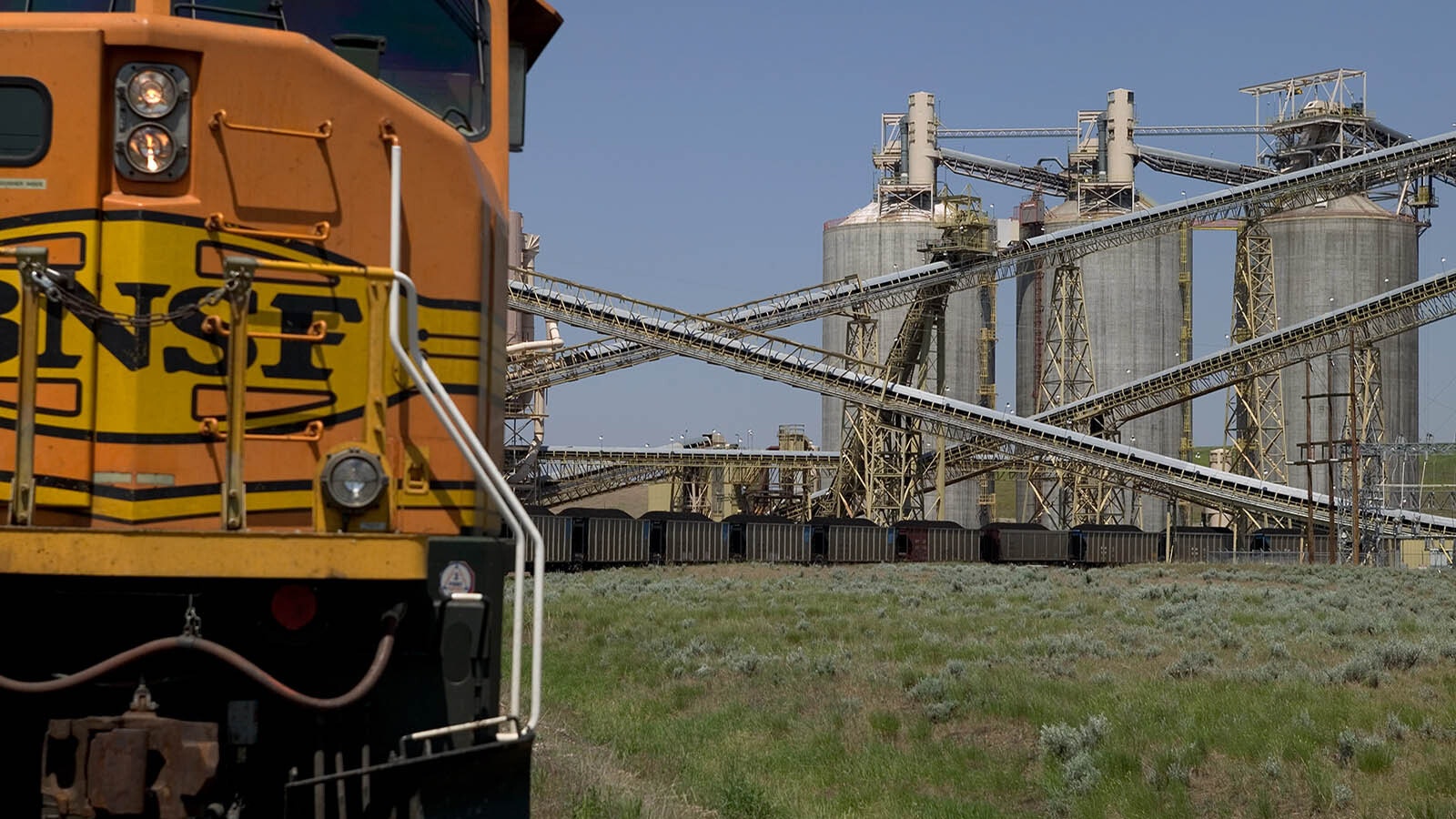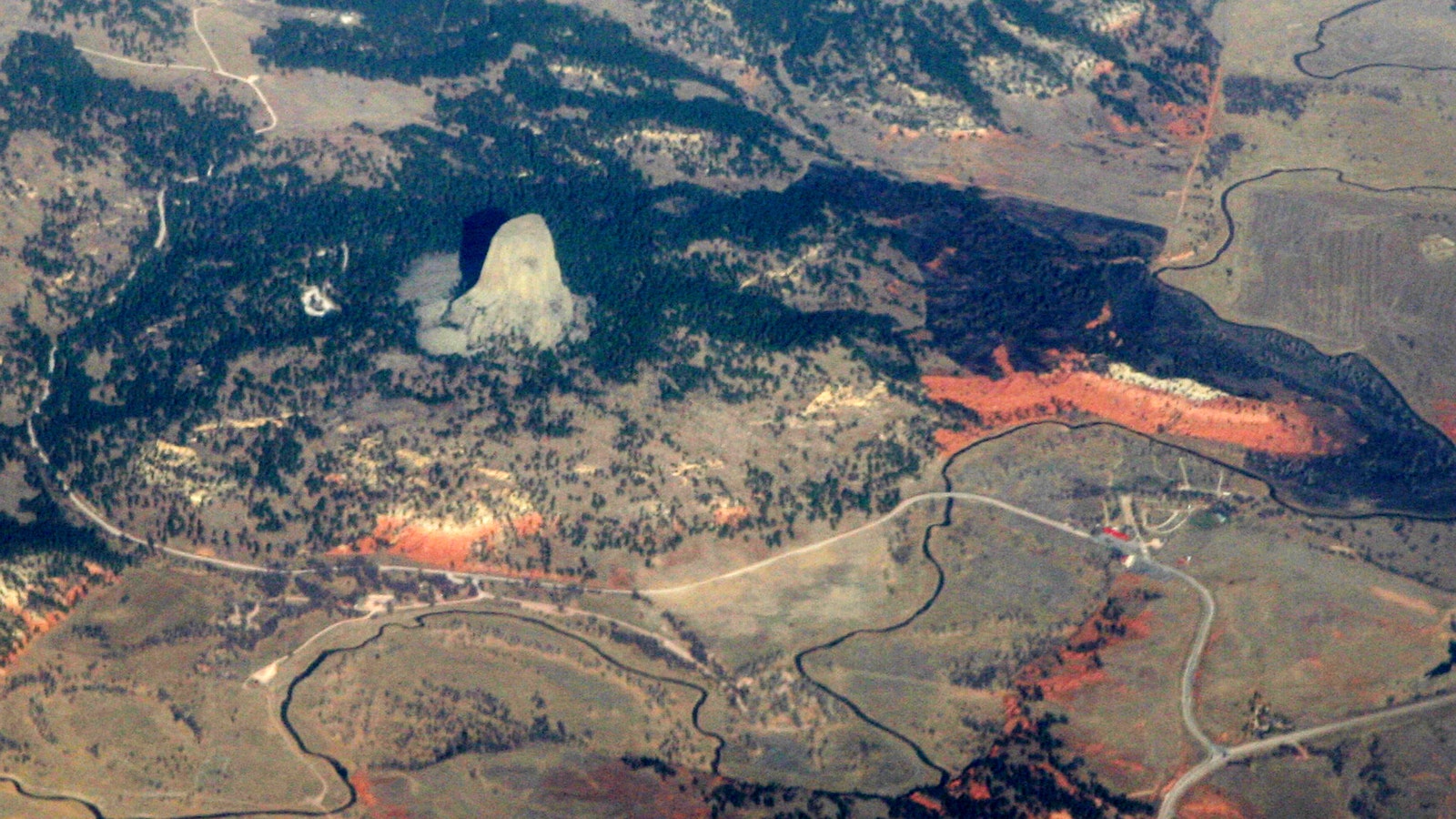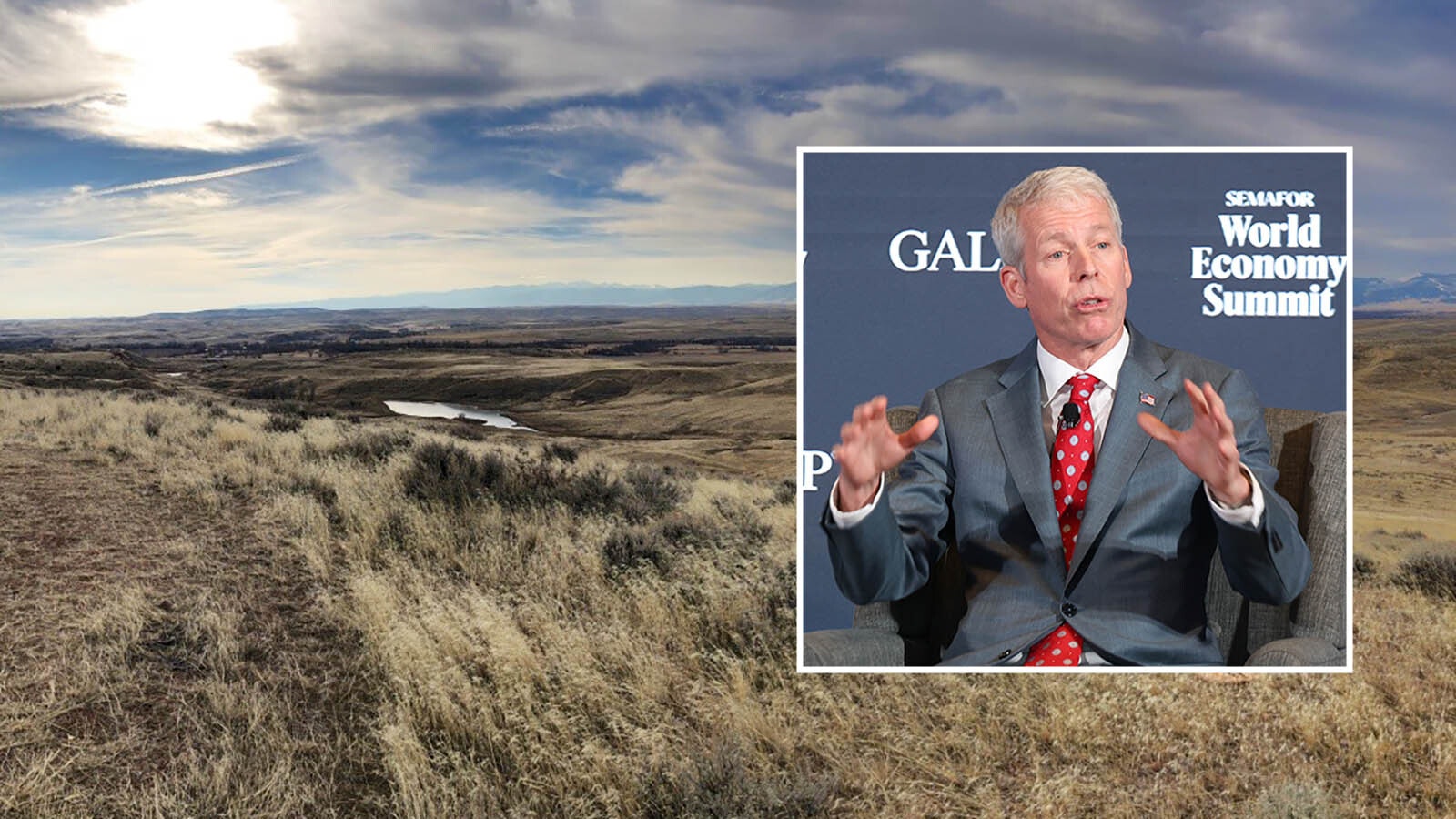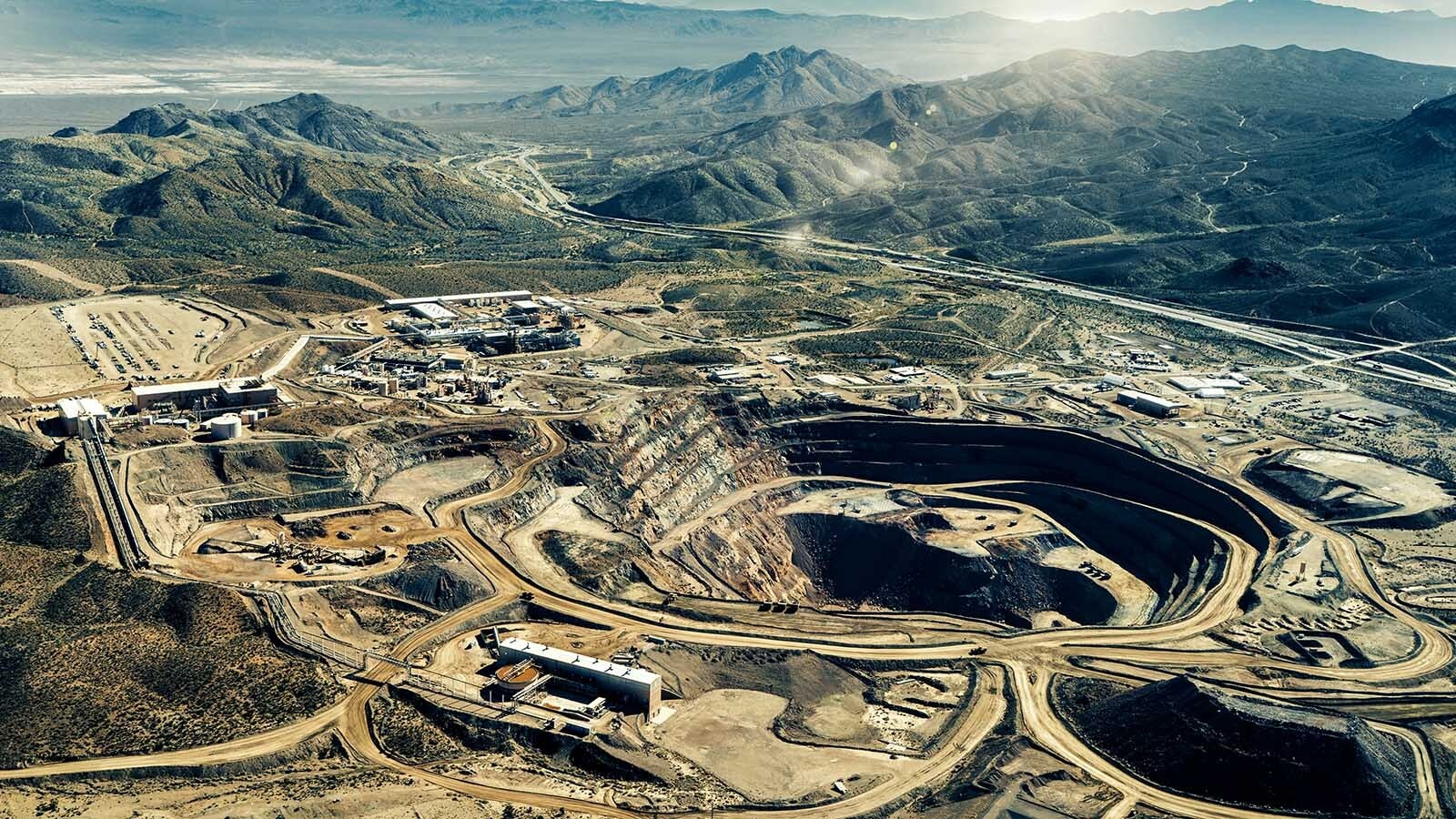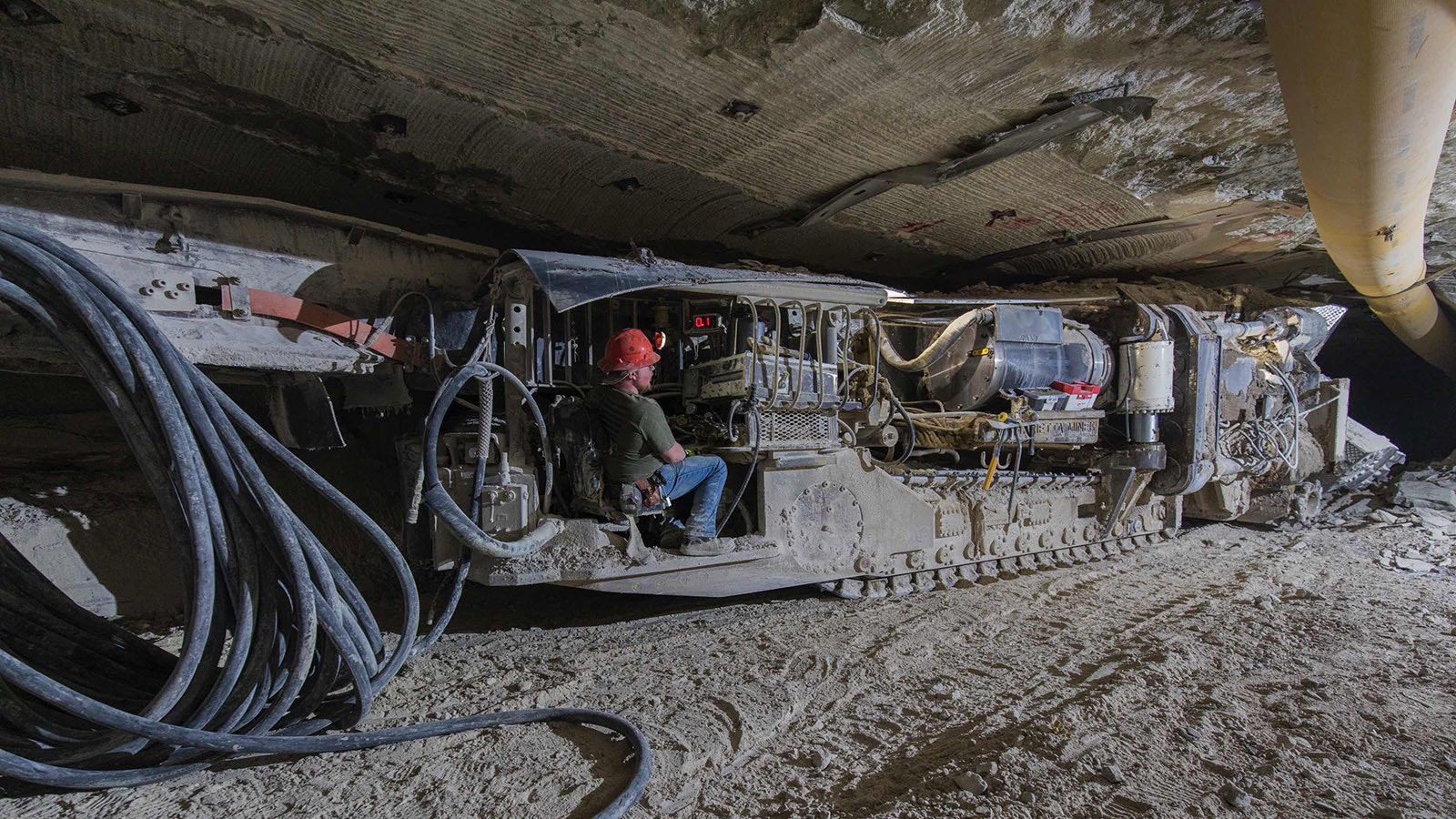Wyoming mining companies are closely watching contract negotiations between the unions and America’s railroad companies. Should a strike happen, layoffs at Wyoming mines are likely.
“We’re hoping for the best and preparing for the worst,” Travis Deti, executive director for the Wyoming Mining Association, told the Select Federal Natural Resources Management Committee on Friday.
The memberships of two unions voted against ratifying a tentative labor deal brokered by the President Joe Biden’s administration in September. Without a deal, a union of track maintenance workers could go on strike as soon as Nov. 19, and another could strike in December. If any rail union strikes, they all strike. That would be about 110,000 rail workers.
Deti said coal companies predict that, should a strike happen, mine workers could perform maintenance and reclamation work for a while. But if the strike were to go on too long, they’d have to start sending people home.
Trona mines would have fewer options to keep their workforce going during a strike. With trona, it’s not just the mines that get shut down. It’s also the processing facilities.
“You’re talking a lot of money lost in a competitive environment,” Deti said.
Good But Could Be Better
Even without a strike, the railroad companies are struggling to find workers. Powder River Basin coal mines are having a great year, with solid financials in the third quarter of fiscal year 2022. But the labor shortage on the rails has kept a good year from being a better year. Deti said that estimates are that the mines could have produced 30 million more tons this year if rail capacity was up to 100%.
“The frustrating thing … we’re doing pretty well, we could be doing better,” Deti said.
Rail capacity has improved from earlier this year, Detil said.
Nathan Anderson, senior director of public affairs for Union Pacific, testified that the company ran 456 trains from the Powder River Basin in September and an estimated 470 trains in October, which is up over 100 trains per month over what they were running in the spring months.
“We are seeing more coal moving, and as Mr. Deti mentioned, there’s more to move,” Anderson said.
Good Jobs, High Pay
Hiring in the region, however, remains a challenge, Anderson explained. Union Pacific is on target to reach a target set earlier this year of hiring 1,400 additional crew members. But about 25% of those who are hired throughout the company’s rail system don’t make the final cut because they don’t meet the company’s testing standards.
Rep. Donald Burkhart, R-Rawlins, asked if there was anything the State of Wyoming could do to help the company with its hiring challenges, such as getting the community colleges to help with training.
Anderson said that often the training, especially for positions like engineers, is very industry specific, but he’d discuss the option with the training departments at the railroad.
Senator Bo Biteman, R-Ranchester, asked if COVID-19 vaccine mandates impacted their labor challenges, and Sen. Brian Boner, R-Douglas, said he knew people personally who’d left railroad jobs due to vaccine mandates.
Anderson said Union Pacific had those mandates when the federal government required them for all federal contractors, but those are no longer in place.
Matt Jones, regional director of public affairs for the Burlington Northern Santa Fe Railway Company, said BNSF was also struggling to find workers.
He said the State of Wyoming could help by “getting the word out that railroads are hiring. They’re great jobs. They pay very well.”
Jones said the community colleges could also provide some foundational training.
The testimony was informational, and the committee took no action on the issues at Friday’s meeting.

